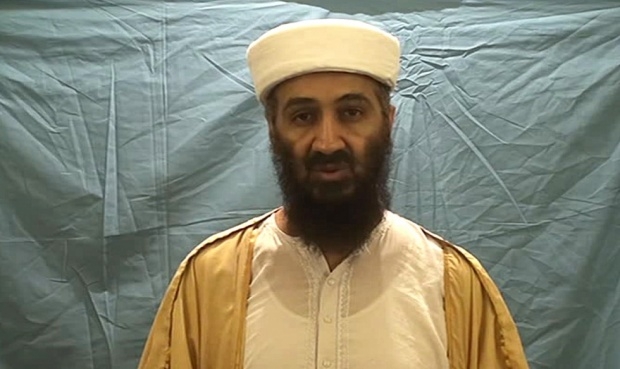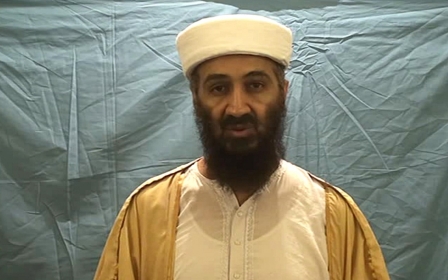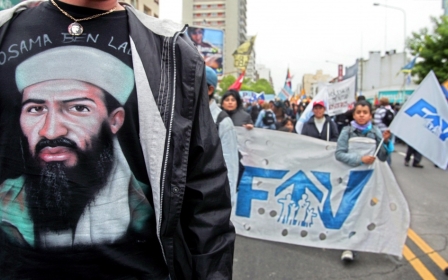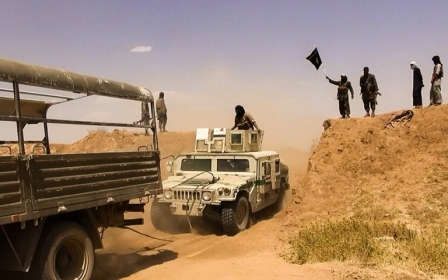US refuses to provide bin Laden death certificate to family: WikiLeaks

RIYADH - A son of al-Qaeda leader Osama bin Laden asked the United States for a death certificate after US Navy SEALS killed him, said a letter released by WikiLeaks Thursday.
The letter, stating it is from the US Embassy in Riyadh, is among about 70,000 documents dubbed "The Saudi Cables" the whistleblower website published.
They are among more than half a million cables and other documents from the Saudi foreign ministry and other institutions in the kingdom which WikiLeaks says it will release over the coming weeks.
US officials said that bin Laden was later buried at sea. All photographs related to the operation are believed to have been destroyed and any requests to publish photographs of his body or his burial have been denied, reported the Washington Post.
The letter is signed by Glen Keiser, the US consul general in Riyadh and addressed to Abdullah bin Laden on 9 September 2011, about four months after a US raid killed his father in Pakistan after a decade-long manhunt.
"I have received your request for a death certificate for your father, Usama bin Laden," Keiser wrote.
Legal experts in the State Department advised that no such document was issued, he said.
"This is consistent with regular practice for individuals killed in the course of military operations."
Instead, Keiser provided Abdullah bin Laden with US court records in which officials confirmed his father's death and, as a result, dropped a criminal case against him.
"I hope that these US government documents are of assistance to you and your family," Keiser said.
In 2012 Associated Press Freedom of Information Act requested a death certificate for bin Laden. The US Department of Defence responded, saying they could not locate one, according to the Washington Post.
The bin Ladens are a prominent Saudi business family. The kingdom stripped Osama bin Laden of citizenship in 1994.
Middle East Eye propose une couverture et une analyse indépendantes et incomparables du Moyen-Orient, de l’Afrique du Nord et d’autres régions du monde. Pour en savoir plus sur la reprise de ce contenu et les frais qui s’appliquent, veuillez remplir ce formulaire [en anglais]. Pour en savoir plus sur MEE, cliquez ici [en anglais].




